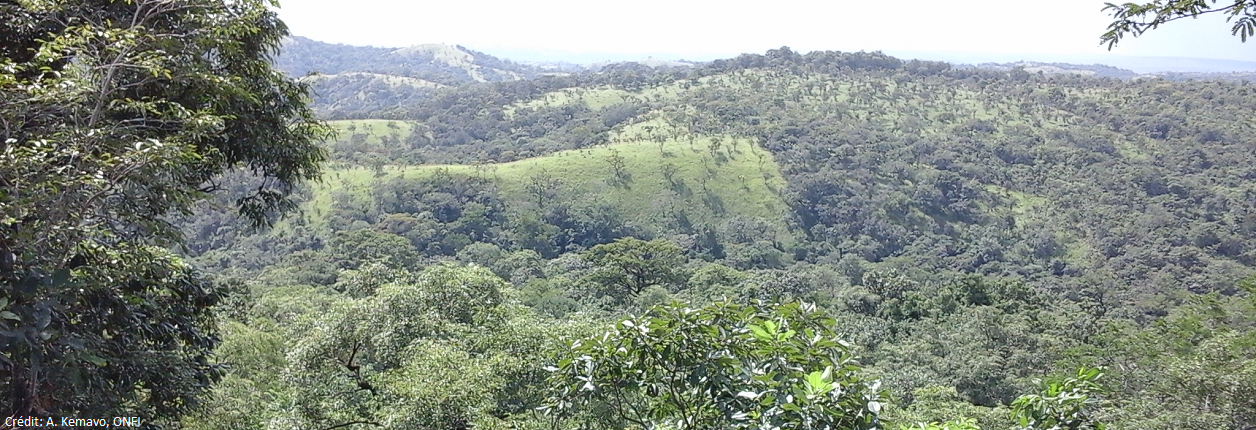Preparing Togo´s national REDD+ strategy – Analysis of causes and factors of deforestation and forest degradation
Context
Togo is a low forest cover country, estimated at 24.24% in 2013, but with a high rate of forest degradation and deforestation. The country, being aware of the situation, has integrated REDD+ in its national development plan so that the forest and trees outside forests may continue to play their crucial social, economic, environmental and climate-related role.
Togo launched the REDD+ approach in 2009 and joined the REDD+ Partnership at the occasion of the Oslo climate and forest conference. The country has since then been working on the preparatory phase for the elaboration of a national REDD+ strategy within the framework of a partnership with the FCPF. In regard to this context, ONFI sets out to analyse deforestation and forest degradation causes and consequences, and to identify areas of intervention.
ONFI contributions
Within the framework of the REDD+ process in Togo, ONFI has been contributing to the REDD+ support for preparation project implemented by the Ministry of Environment and Forestry Resources through the REDD+ National Coordination body, and been involved in the elaboration of the national REDD+ strategy.
- Cartography showing main plant formations affected by deforestation and forest degradation since 2005;
- Performance of in-depth analysis of direct and indirect causes of deforestation and forest degradation in Togo and spatio-temporal simulation of
- future dynamics;
- Assessment of implemented policies, programmes and projects to fight against deforestation and forest degradation since 2000;
- Identification of strategic areas of intervention and the right framework to reverse the trend of deforestation and forest degradation.
Expected results
This study confirms that agricultural development with its associated practices, particularly the use of fire, is the main cause of forest disturbances, before logging, particularly harvesting for fuelwood (carbonization and firewood). The study also shows how the energetic urban development, underlying factor to demographic growth in Tongo, leads to a series of land-use changes, which contribute directly and indirectly to forest losses. In addition to this, the prospective exercise of spatio-temporal simulation has showed that if the dynamics of land-use persist, all forests in Togo could be disturbed by 2030. Even though these alarming prospects may boost the country´s strategic guidelines in matters of reduced deforestation and forest degradation, they clearly show the urgency of an effective and efficient national REDD+ strategy.
The study´s conclusions have been integrated in Togo´s national REDD+ strategy.
Some key data
Country: Togo
Topics : REDD+
04/2017 – 03/2018
Budget : 168 K€
Partner: LGE-International
Customer: CN-REDD+ Togo
Sponsor: FCPF
For further information
Référent ONFI : Maxence Rageade (maxence.rageade@onfinternational.com)

